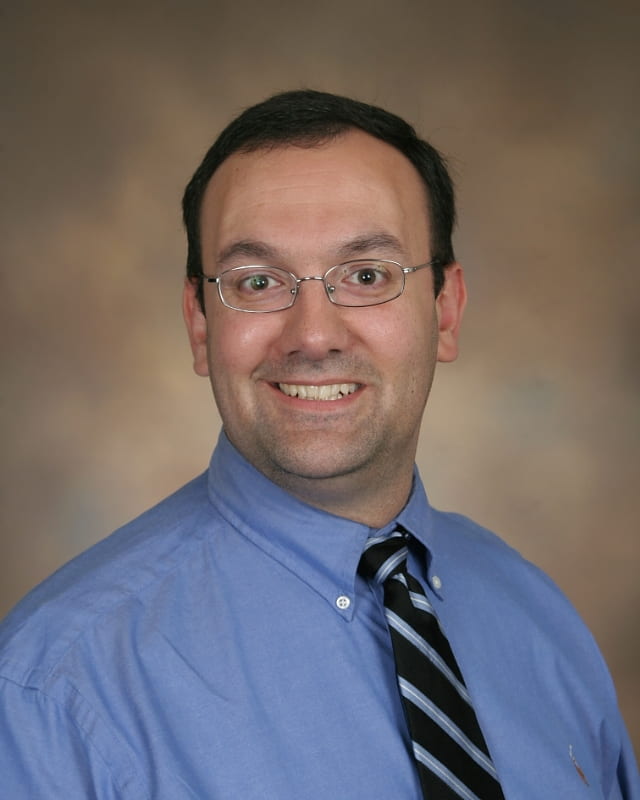We know that the community is eager for new information about the Campus Cruiser closeout process. Due to Cruiser’s upcoming disappearance, we have had to make a series of quick decisions. The good news is that we are able to consider a lot of options in the weeks before the holiday break, and now we’d like to share more information with you about our progress.
Announcing MyWidener
ITS is already constructing the platform to replace Campus Cruiser. Over the next two months, a sophisticated, mobile-friendly website will emerge, which we will call MyWidener. The essential features of Cruiser (committees, clubs, organizations, WebAdvisor, etc.), will all be available through this single point of access
MyWidener will use keyword searches to navigate and access services directly. While the new site is under construction, you may be interested to see a public version using the same software at University of Michigan: http://maizelink.umich.edu. (Note: everything you see there is just a link to web sites and applications that UMich uses. Our links will be tools that are specific to Widener, e.g. StudentPlanning, WebAdvisor, Office365, etc. The underlying software, rSmart OneCampus, doesn’t provide us with any of the applications or modules, it simply allows us a better way to find and access our own information.)
For departments that currently use Cruiser to publish websites, we have good solutions to offer as well. Members of the Cruiser Closeout team will be reaching out to those departments to coordinate.
In the meantime…
Campus Cruiser is still running for now. You may continue to use it to access administrative services, such as time sheets. Moving our essential services over to MyWidener is a top priority, and we do have a backup plan if we lose access to Campus Cruiser prior to the expected final shutdown in March.
As always, the best way to follow up to this message with questions or comments is to email cruisercloseout@widener.edu. ITS staff also continues to make updates to the Cruiser Closeout FAQ.
A few words about process
ITS is relying on the advice and feedback of Faculty Council TIRC and other stakeholders as we make changes. Even so, the urgency of this project has required us to make some of our decisions faster and with less input than we prefer. Thank you for your cooperation as we’ve worked through this challenging situation. We are also grateful for all the work you have done to move/manage your own information on extremely short notice.
Widener will be in a much better situation once this migration is complete.
 John Kitchen
John Kitchen Courses are broken up into bite-size chunks of a few minutes each. You can use Lynda whether you have five minutes or five hours. If you are trying to complete an entire course or playlist of courses, it automatically keeps track of your progress. But you will also find Lynda useful as a just-in-time knowledge base. If you’re stuck trying to figure out a feature in an application, search for it on Lynda. You may just get the answer you need to get back up and running quickly.
Courses are broken up into bite-size chunks of a few minutes each. You can use Lynda whether you have five minutes or five hours. If you are trying to complete an entire course or playlist of courses, it automatically keeps track of your progress. But you will also find Lynda useful as a just-in-time knowledge base. If you’re stuck trying to figure out a feature in an application, search for it on Lynda. You may just get the answer you need to get back up and running quickly.